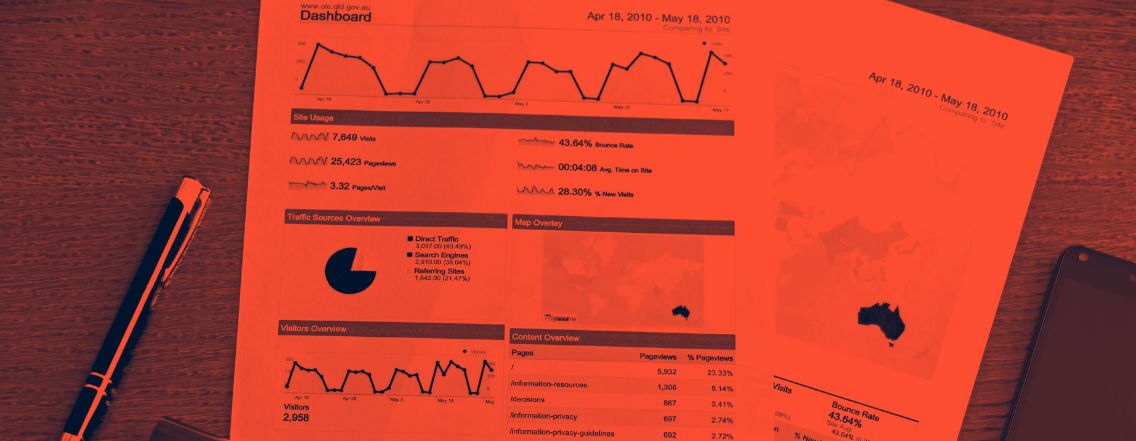Throughout summer SlimPay ran its SlimQuiz via our International and French Twitter accounts, in order to get insights on your payment and subscription habits! And now the time has come to reveal the results and give you a few pointers along the way! Drum roll please…
Please note that these results have no statistical value and are simply an opportunity for us to draw attention to issues important to us!
Your bankcard has expired, updating your details for all your subscriptions is:
- A headache
- An opportunity to cancel
- I do it immediately
No surprise here! Neither our English nor French respondents jump for joy at the prospect of updating their card details! Viewed as a chore or an opportunity to question certain payment commitments, updating card details poses a real risk to merchants, who rely on a long-term customer relationship with recurring payments to sustain or even grow their business. Taking the risk of losing customers every two years (average lifetime of a credit card) is unthinkable when a merchant’s business model is based 100% on recurring purchases.
Having an Uber account is comparable to a service subscription:
- Yes
- No
Subscription economy is well and truly here! Some services are easily identifiable as subscriptions (pay a fee each month to watch unlimited films, get your favorite magazine, attend your zumba classes), however, this is not the case for all. Let’s take the example of private driver services like Uber. This service does not involve paying a fixed amount each month for unlimited use, but rather paying based on consumption: for every journey, users pay a certain amount depending on the distance. So, is it a subscription or not? According to the first definition (paying a fixed amount), you would think not. Yet the fact of having created a profile within an application such as Uber, registering personal data, including payment details, and using the service frequently may well be likened to subscription! The debate is still open, but our respondents seem to think that services based on consumption = subscription.
Do you know how many fintechs there are in the UK/ France?
- Less than 100
- Between 100 and 200
- More than 200
We consulted numerous reputable sources and concluded that there are between 1300 and 1700 fintechs worldwide. Among them, how were born in the UK or France? It should be noted here that the followers of our international Twitter account were asked the question with regards to the UK, and followers of the French account were asked the question with regards to France.
Our respondents are well aware of their stats! The UK has an estimated 350 fintechs, and France has approximately 150! In addition to the number of fintechs in each country, another statistic catches our eye with regards to expansion within the sector: in 2015 over 13 billion US dollars of fundraising was received by fintechs worldwide, this is twice the amount invested in 2014. Only time will tell if investment will continue to grow in 2016!
Have you ever been a victim of bankcard fraud?
- Yes
- No
According to the National Crime Observatory (ONDRP) credit card fraud increased by 67% between 2010 and 2013. A number of respondents were victims! For those of you who are fortunate enough to not have experienced this, know that you have escaped a lot of hassle! Victims of card fraud have to block ALL card payments, plus update their new card details as soon as they receive their new card! Furthermore, they often have to borrow cash from friends or family while waiting for the bank to send the new card.
Would it be better to use cards only for what they do best, that is to say, cash withdrawals and one-time payments, and switch to SEPA direct debit when it comes to paying subscriptions?
What’s more important:
- Having your own car
- Travelling easily
Consumer habits have definitely changed! We are now less likely to emphasise the need for ownership. Today it is the associated service that counts. For example, being able to move quickly and easily (and if possible cheaply) from point A to point B. And this preference does not just apply to transport. Rather than buying music, we now turn to services that offer unlimited access to music from anywhere. Likewise for the videos! Thus, we wonder what will be the next sector to experience this transition?!
To discover more about subscription economy, download our whitepaper!




